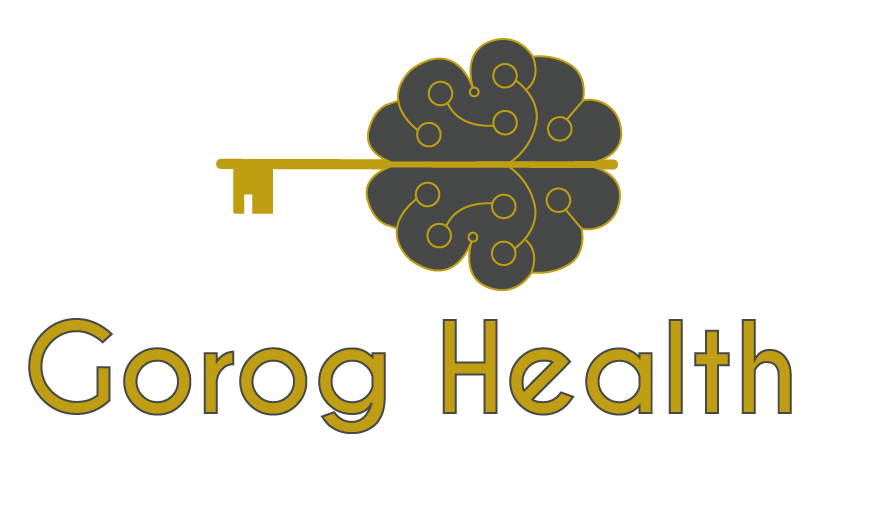insomnia & Chronic sleep deprivation Treatment IN DENVER, CO
The Mayo Clinic describes insomnia as ‘…a common sleep disorder that can make it hard to fall asleep, hard to stay asleep, or cause you to wake up too early and not be able to get back to sleep.’ Insomnia can wreak havoc on your energy level, mood, work performance, and overall quality of life. If you suffer with insomnia, you may still feel tired when you wake up. Left untreated insomnia can lead to acute (short term) or chronic (long term) sleep deprivation, which can have a serious impact on your overall health, as it adversely affects the brain and cognitive function. At Gorog Health, we offer cognitive behavioral therapy for insomnia and other evidence based insomnia treatment plans to help you win the fight for a good night’s sleep.
symptoms of insomnia & chronic sleep deprivation
Insomnia can manifest in multiple ways. Acute insomnia is usually the result of stress or a traumatic event and can resolve itself in a matter of days or weeks. Most adults need a solid seven to eight hours of good quality sleep per night in order to feel rested and function normally, although that amount can vary from person to person. Chronic insomnia is an ongoing battle that may be associated with other medical conditions or certain medications, could last for a month or more, and can cause serious side effects. Symptoms commonly associated with insomnia and sleep deprivation include:
Difficulty falling asleep at night
Waking up during the night
Not feeling well-rested after a night’s sleep
Waking up too early
Daytime tiredness or sleepiness
Irritability, depression, or anxiety
Difficulty paying attention
Problems focusing on tasks
Inability to remember details
Increased errors or accidents
Ongoing worries about sleep
Insomnia & Chronic Sleep Deprivation Treatment Denver, CO
biofeedback for insomnia
Biofeedback is a technique which uses a computer, special software, and sensors placed on a patient’s body to record stress levels and the physiological processes that increase under stress such as heart rate, blood pressure, and muscle tension. This can be an effective insomnia treatment. Biofeedback helps train a patient to develop a greater awareness and voluntary control over normally involuntary processes by "feeding back" information to the patient who will eventually be able to recognize the stress, take action to relieve it and relax, thereby improving his or her health.
CBT for Insomnia (CBT-i)
Cognitive Behavioral Therapy (CBT), sometimes also referred to as CBT-i, is another effective insomnia treatment option. Cognitive behavioral therapy for insomnia helps a person identify thoughts and habits that either cause sleep problems, make sleep problems worse, or increases the risk of sleep problems. As a licensed clinical psychologist, I take you through a structured program that teaches patients how to replace potentially problematic habits around sleep schedules, sleeping environment, and other areas with habits and thoughts that help promote restful, restorative sleep. Unlike sleeping pills, CBT-i helps people overcome the underlying causes of their sleep problems, thereby promoting health and avoiding chronic sleep deprivation and it’s negative side effects.
Insomnia & Chronic Sleep Deprivation Treatment Denver, CO
Insomnia treatment should be specifically designed for each person; there is no “one size fits all” solution. If you are struggling with insomnia, chronic sleep deprivation, feeling impacted by sleep loss, or have questions regarding a cognitive behavioral therapy approach to insomnia contact Dr. Lauren Gorog today to learn more about the various treatment options available to you and how to set up an evaluation.




